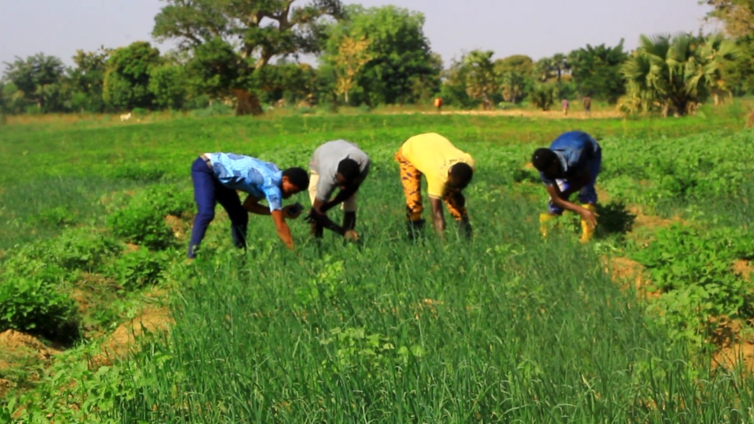In September and October 2020, floods destroyed over 500 acres of maize and rice fields in the Upper East Region.
Ariku Martin Akudugu, 42, was left devastated at home wondering how to start all over again.
“It was the worst flood ever since I started farming. The 2012 incident was better," said the 1st runner-up in the 2016 National Best Farmer Awards, who lives at Kobore in the Bunduri district.
“The flood destroyed everything, and we couldn't salvage a single plant,” he said.
The flood was caused by the Bagre dam spillage in Burkina Faso and the heavy downpour experienced between September and October 2020.
The Upper East Region town of Kobore was not the only place affected. Many farms in the region and parts of the northern sector were submerged beyond their economic threshold.
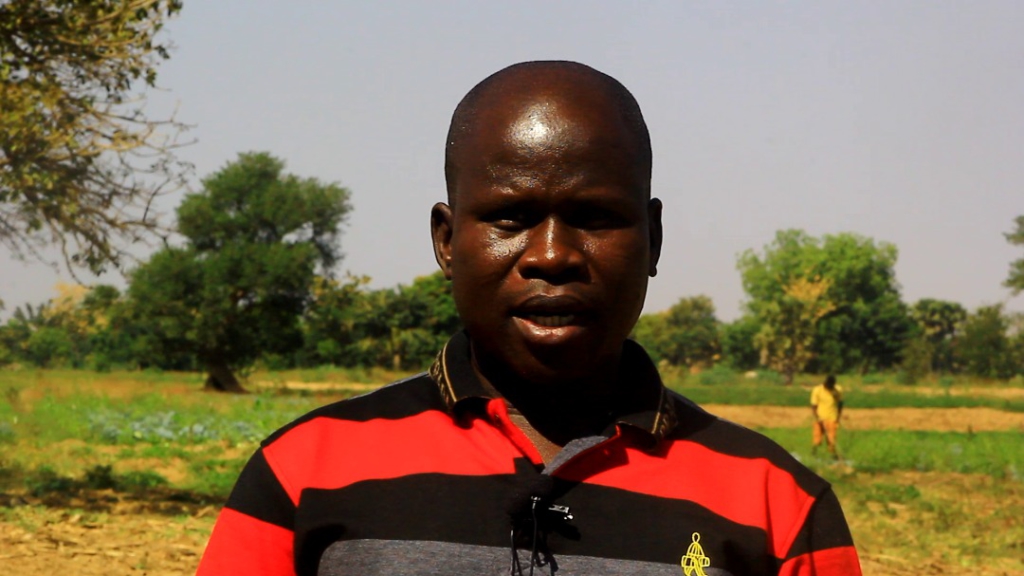
The most affected farmlands were within weeks of harvest and all farms close to the white Volta were washed away, especially the grains.
Mr. Akudugu invested 450 thousand cedis in the over 500 acres of farmland. 3600 bags of maize and 3200 bags of rice were expected to be harvested at the end of the season.
According to Mr. Akudugu, the investment was worth 2.6 million cedis. But that didn't happen.
Before the flood and the Bagre dam spillage, the farmers were hopeful their crops had done so well and many were smiling.
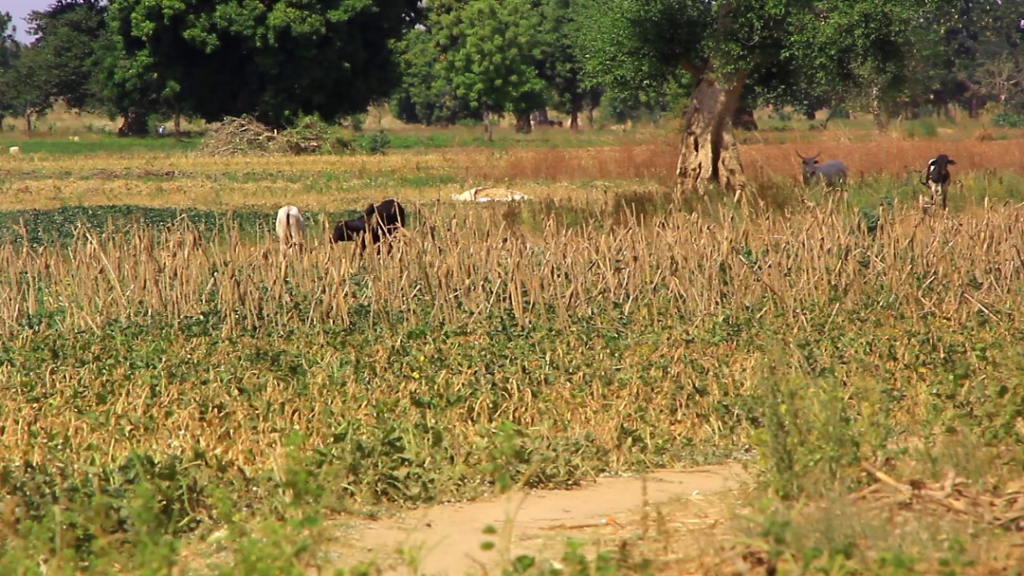
The Impact of the Floods
A bumper harvest was a dream that was about to come true. But unknowingly, mother nature had other plans and the rains and flood took away their joy.
Only tall trees like his mango trees were able to withstand the devastating flood as the rest submerged.
Mr. Akudugu was among the rich farmers in the Binduri district. But he has become poor overnight because of the flood. And he has loans to pay.
But he is determined to continue tilling the land because he is born to farm.
Three months after the disaster, Mr. Akudugu returned to the field to farm 100 acres for the dry season.
This time round, he has invested over 170 thousand cedis in the hope of making 400 thousand cedis by the end of the season.
Mr. Akudugu is just one of those farmers who lost their livelihood.
Akama Abel says he was left with the hoe he took home. Whatever he invested was washed away.
"We are confused about what to do next. We could have done much more during the dry season with what we had last season, but there is nothing to show. We need support. ," he says.
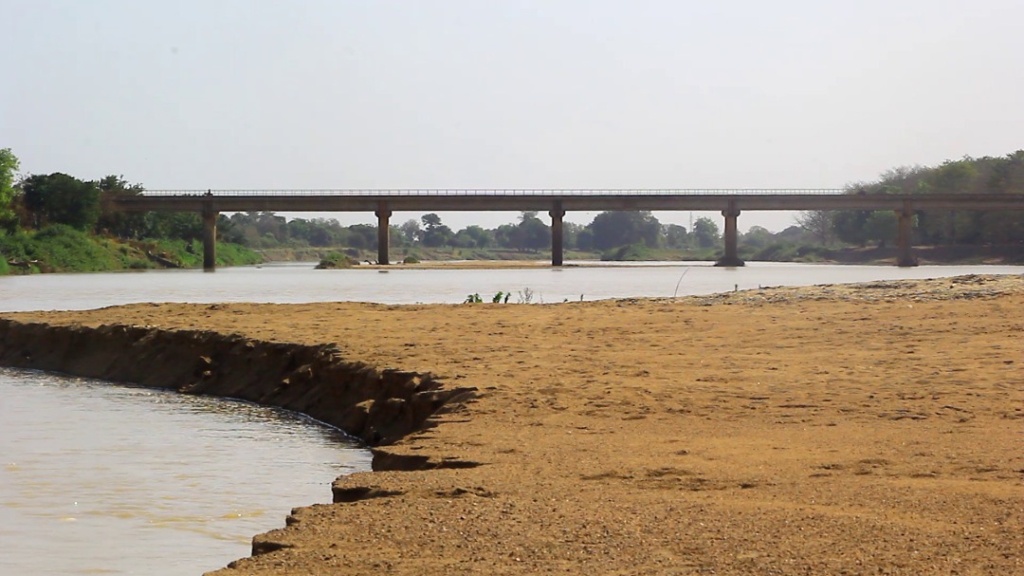
A number of farmers in the Bawku area are gradually giving up.
The floods are some of the worst on record in the area and hundreds of farmers are still recovering from the incident.
Their farmlands have sustained them for years – paying their children school fees and other bills.
From the development and expected future agriculture risks, many experts suggest a need for efficient management of the system.
They want sustenance and improvement in agriculture as the backbone of the national economy.
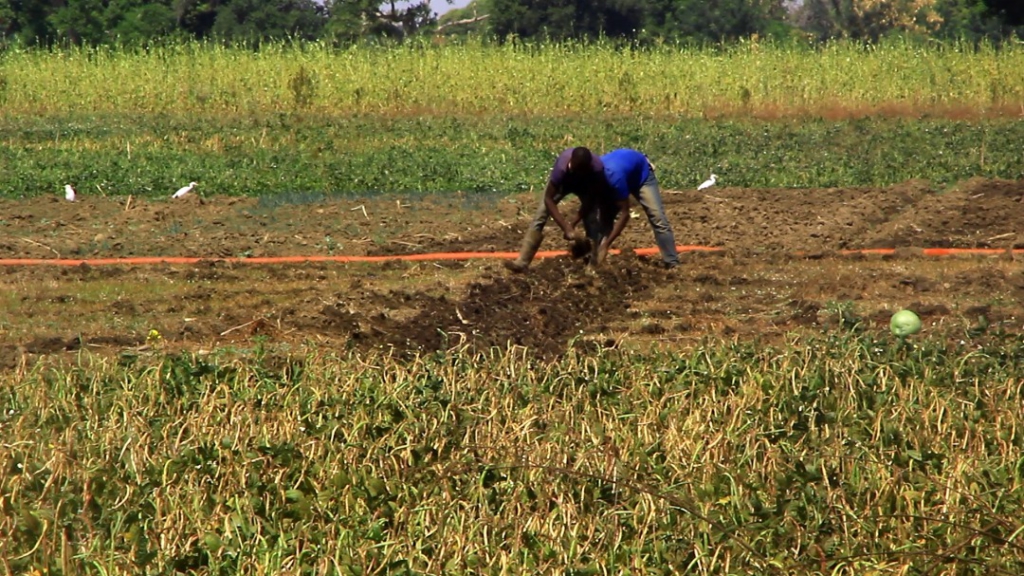
Insurance as an intervention
For now, experts suggest agriculture insurance for farmers like Mr. Akudugu.
The Ghana Agricultural Insurance Programme (GAIP) was launched in 2011 to initiate a key adaptation measure to climate change.
Nineteen Ghanaian insurance companies which form the Ghana Agricultural Insurance Pool were committed to a solid financial foundation. But farmers are not enrolling onto the scheme due to the cost involved.
The scheme covers excess rainfall disaster, drought, pest, among others. Few farmers who have enrolled have benefited from the scheme in the recent invasion of the fall armyworm.
That's according to management of the programme.
Unlike many smallholder farmers in the affected areas, Mr. Akudugu has enrolled into the scheme and he has been on the policy since 2015.
"I started it in 2015 and my documents have been processed. Hopefully, I will receive my claims soon," he said.
Victims of last year's flood could also benefit from the scheme if they had signed up.
Checks reveal many of the farmers are unaware of the insurance policy and few who know have little knowledge on how it works.
"I am unaware and I have never seen the officers coming to me," says one of the farmers, Abugri Akudugu John.
Marketing Manager for the agricultural insurance pool, Jerry Quanston says one of the challenges preventing farmers from enrolling is the pool's inability to subsidize the insurance products as it pertains in other countries.
"The cost is expensive for the farmers, they do not understand insurance and the reach is very low," he observed.
An Agricultural Economist at the Kwame Nkrumah University of science and Technology, Dr. Robert Aidoo, reiterates the high premium of the crop insurance that farmers complain about.
Dr Aidoo who has been working closely with farmers says the government should subsidize the premium to ensure that demand for crop insurance improves.
The system, according to some farmers, lacks political will like any other public insurance scheme in the country.
Lack of understanding and access to information is preventing farmers from getting onto the system.
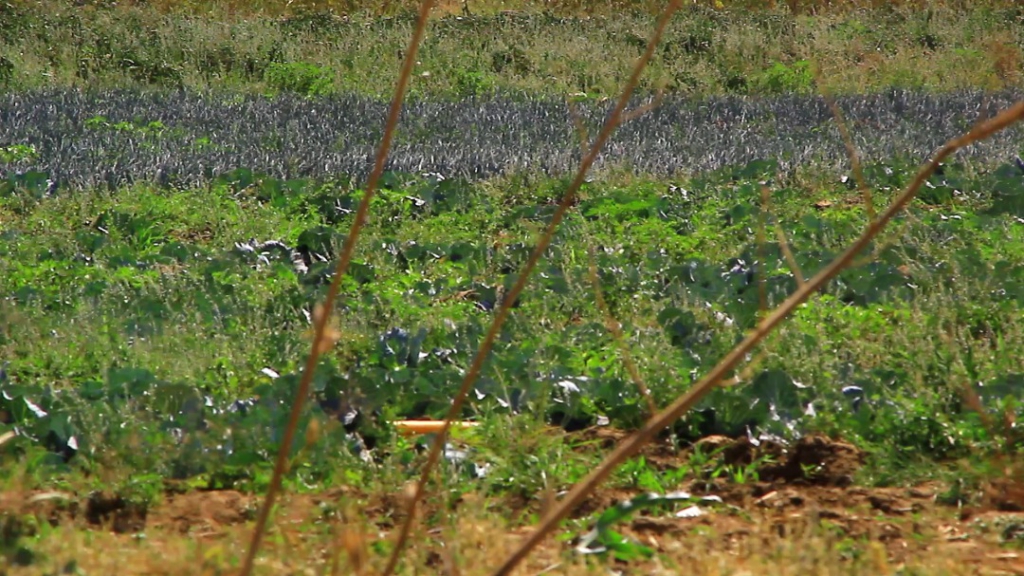
But isn’t it time the government intervened to get these farmers on board?
Marketing Manager, Mr. Quanston suggests the government should include insurance in every loan a farmer takes, especially at the rural bank level.
He says this will give farmers more information as to how they would be protected in a disaster situation.
Even though some farmers are unwilling to sign up to the insurance scheme, issues like little direct help have not come to them.
Government’s response to disasters
Mr. Akudugu believes the government needed to intensify and scale up a coordinated response to the flood at their level since they were the immediate victims.
"If they had set up COVID-19 funds to assist businesses, what about us, whose farms were completely destroyed by the flood?" he inquired.
He questions why the government cannot fast-track interventions for farmers like him in the Bawku area. And that should include identifying farmlands destroyed by the floods and their impacts on crops, livestock as well as guidance on how to curb the threat in future.
According to Mr Akudugu, the increase in the price of maize is as a result of the flood.
Currently, a bowl of maize is sold for 7 cedis as against 4 cedis the previous year.
"The price is almost twice as high," he said.
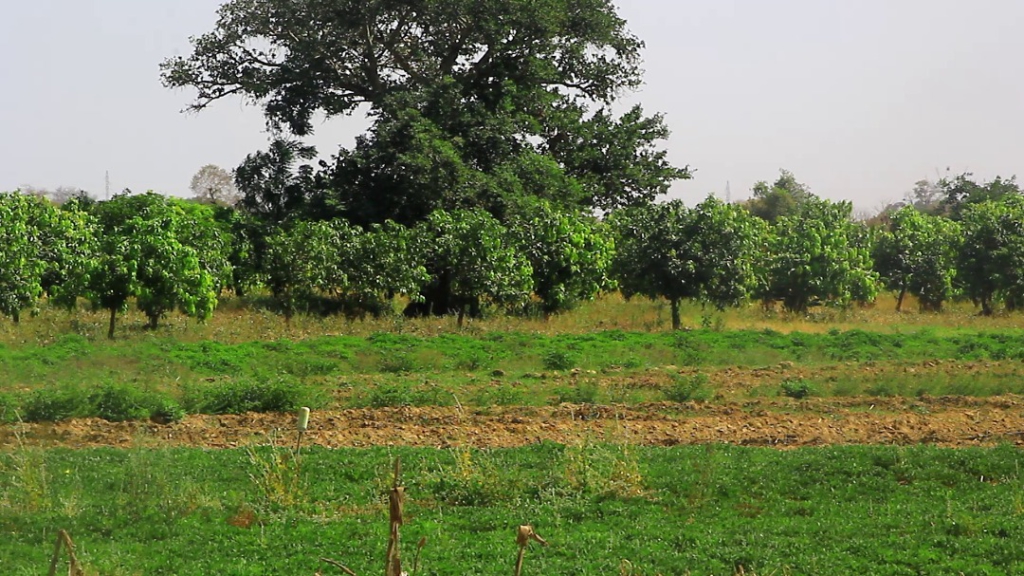
Dredging the White Volta to support farming
Farming along the White Volta is risky, he agrees but says they have no choice because that's the only land available for them.
"If we decide not to plant in 2021 due to floods, and nothing happens afterwards, what do we do?" he quizzed.
Mr Akudugu suggests the government dredges the White Volta along the Bawku area to allow free flow of water.
"The White Volta is shallow and one key thing the government needs to do is to dredge it," he said.
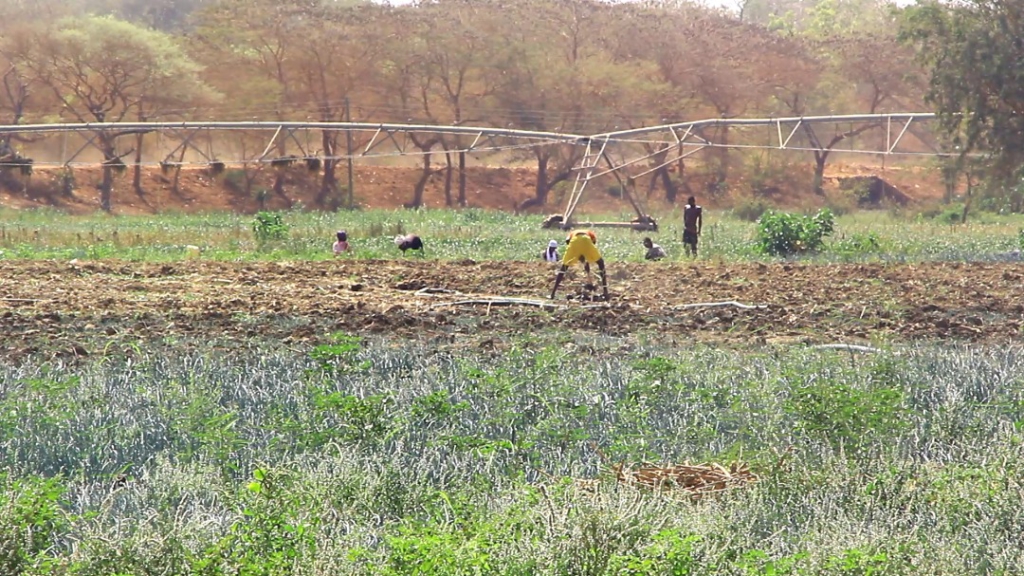
Maybe that would reduce future impact on farms.
The farmers anticipate the construction of the Pwalugu dam would serve as a relief.
The Pwalugu Multi-Purpose Dam project will store water for hydropower, downstream irrigation and flood protection for people living along the White Volta Basin, based on a report by Ghana's parliamentary finance committee.
The approval of the project had been delayed by some members of the Ghanaian parliament who contend the cost of construction was high.
The project will require an investment of $993 million with multiple components.
Latest Stories
-
Amazon faces US strike threat ahead of Christmas
21 minutes -
Jaguar Land Rover electric car whistleblower sacked
28 minutes -
US makes third interest rate cut despite inflation risk
33 minutes -
Fish processors call for intervention against illegal trawling activities
46 minutes -
Ghana will take time to recover – Akorfa Edjeani
1 hour -
Boakye Agyarko urges reforms to revitalise NPP after election defeat
2 hours -
Finance Minister skips mini-budget presentation for third time
2 hours -
‘ORAL’ team to work gratis – Ablakwa
2 hours -
Affirmative Action Coalition condemns lack of gender quotas in Transition, anti-corruption teams
2 hours -
December 7 election was a battle for the ‘soul of Ghana’ against NPP – Fifi Kwetey
2 hours -
Social media buzzing ahead of Black Sherif’s ‘Zaama Disco’ on December 21
2 hours -
Afenyo-Markin still suffering from the massive defeat – Fifi Kwetey
2 hours -
Retain Afenyo-Markin as NPP leader, he has experience – Deputy Speaker
2 hours -
Kufuor didn’t leave behind a strong economy – Fifi Kwetey
3 hours -
It won’t be business as usual, remain humble – Fifi Kwetey to party members
3 hours

